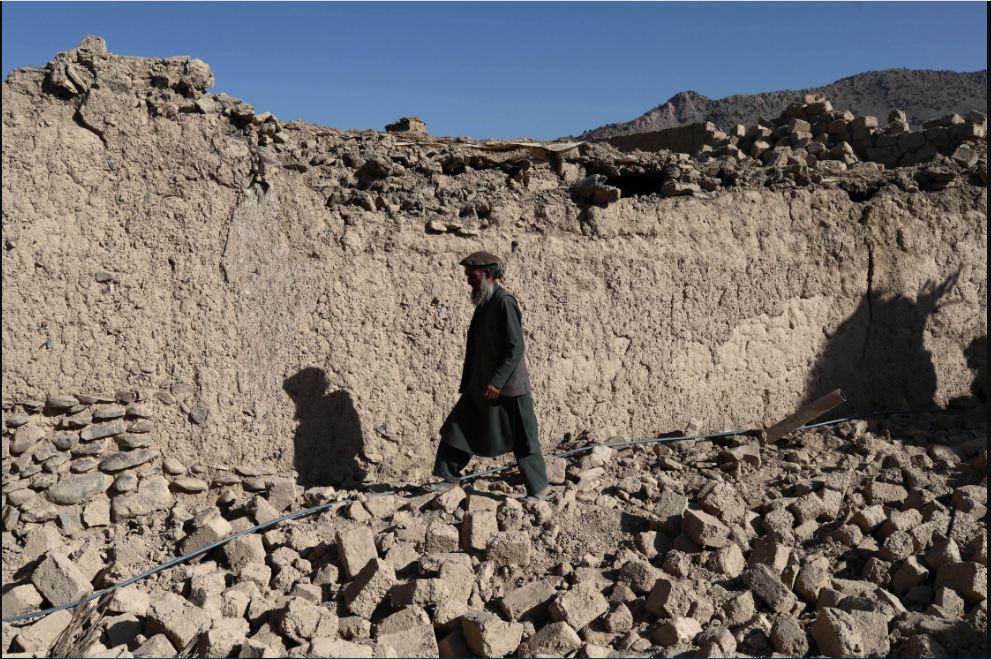Erdogan plays banned video of New Zealand Terror-attack to gain Votes
Istanbul — Footage of the New Zealand mosque shootings that was pulled down by Facebook, YouTube and other social media platforms has resurfaced as a campaign prop in Turkey.
President Recep Tayyip Erdogan screened a montage of videotaped snippets from the attack on Muslim houses of worship in an apparent attempt to galvanize his pious, conservative base ahead of March 31 local elections. At televised rallies in Istanbul and Tekirdag to the west, he showed blurred fragments of suspected attacker Brenton Tarrant’s online manifesto and his livestream from the massacre in Christchurch, New Zealand, which claimed the lives of 50 people.
The suspected attacker, who ranted about Turkey in his manifesto, “targeted Turkey and me,” Erdogan said. The Turkish leader then pivoted to assail the leader of Turkey’s main opposition CHP party, Kemal Kilicdaroglu, who was shown in the campaign video, for talking about “terrorism rooted in the Islamic world.”
A CHP spokesman denounced Erdogan for trying to make political capital out of the killings. “Is it worth showing this bloody massacre in order to gain a few more votes?” Anadolu news agency cited spokesman Faik Oztrak as saying on Sunday.
Erdogan invoked anti-Muslim sentiment to prod his devout supporters to close ranks at the polls amid an economic slump that’s taking a toll on the nation of 82 million. Turkey’s economy entered a technical recession last year following a crash in the lira that also sent inflation to more than five times the official target of 5 percent.
In his manifesto, Tarrant railed that Turks must get out of the country’s European sector, vowing to “kill you and drive you roaches from our lands.”
“We are coming for Constantinople and we will destroy every mosque and minaret in the city,” which will be “rightfuly Christian-owned once more,” he said, referring to modern-day Istanbul.
Tarrant twice visited Turkey for a total of 43 days in 2016, Erdogan said, vowing to “uncover the connection soon.”—Bloomberg



